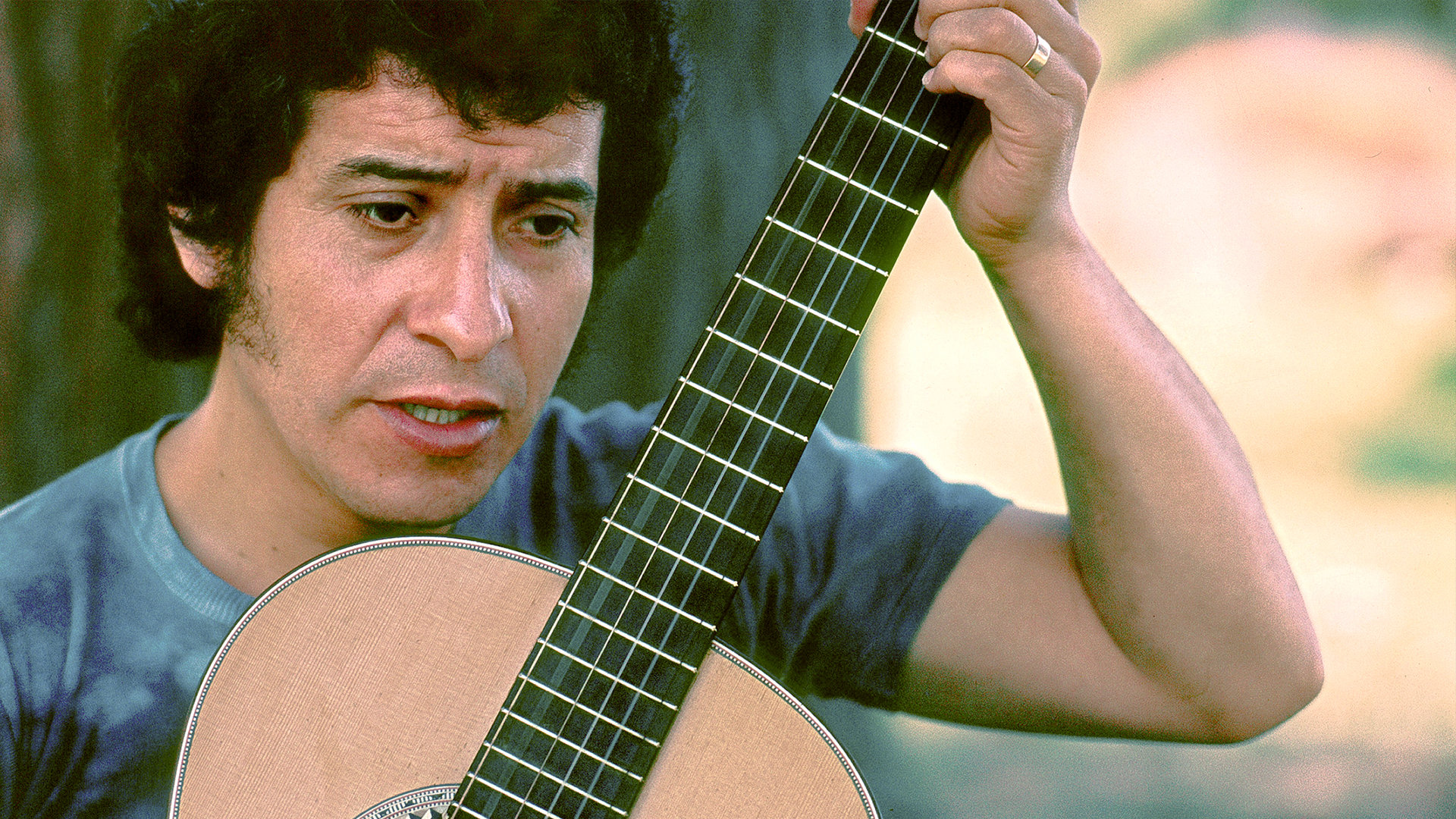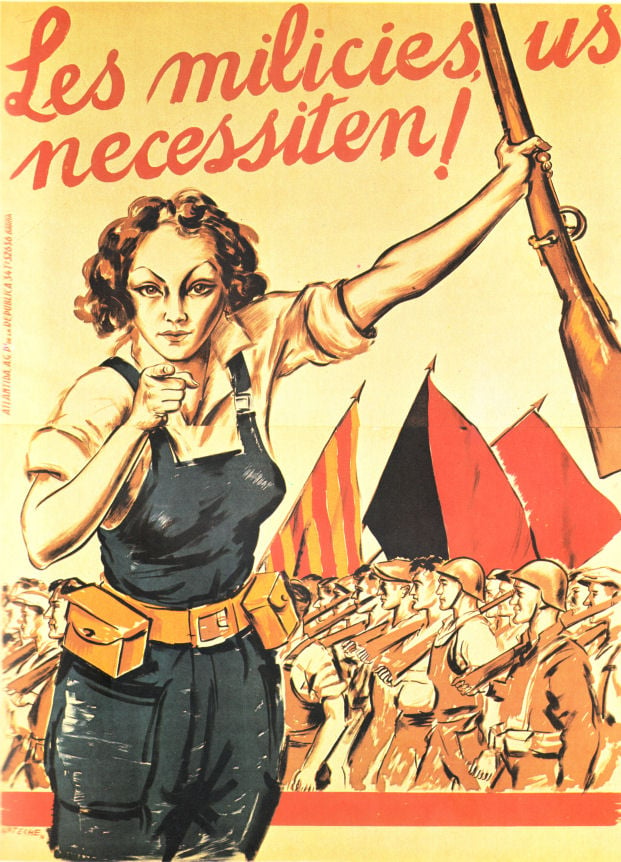Víctor Jara Assassinated (1973)
Sun Sep 16, 1973

Víctor Jara was a Chilean teacher, theater director, poet, singer-songwriter, and communist political activist murdered by fascist forces on this day in 1973, following the U.S.-backed coup that established Pinochet’s military dictatorship.
Jara developed Chilean theater by directing a broad array of works, ranging from locally produced plays to world classics, as well as the experimental work of playwrights such as Ann Jellicoe.
Jara also played a pivotal role among neo-folkloric musicians who established the Nueva Canción Chilena (New Chilean Song) movement. This led to an uprising of new sounds in popular music during the administration of President Salvador Allende.
Just a few days after the U.S.-backed coup that ousted Allende from power, Jara was arrested, tortured, and killed by the dictatorship of Augusto Pinochet. Guards smashed his fingers and mockingly asked him to play guitar; Jara responded by singing “Venceremos”, which begins:
From the deep crucible of the homeland
The people’s voice rises up
The new day comes over the horizon
All Chile breaks out in song.
Jara is one of many “desaparecidos” - people who vanished under the Pinochet government and were most likely tortured and killed.
Thirty-six years after his first burial, Jara received a full funeral on December 3rd, 2009 in Santiago. On July 3rd, 2018, eight retired Chilean military officers were sentenced to 15 years in prison for Jara’s murder, as well as the killing of his communist associate and former Chilean prison director Littre Quiroga Carvajal.
In 1969, Jara stated: “The cultural invasion is like a leafy tree which prevents us from seeing our own sun, sky and stars. Therefore in order to be able to see the sky above our heads, our task is to cut this tree off at the roots. US imperialism understands very well the magic of communication through music and persists in filling our young people with all sorts of commercial tripe. With professional expertise they have taken certain measures: first, the commercialization of the so-called ‘protest music’; second, the creation of ‘idols’ of protest music who obey the same rules and suffer from the same constraints as the other idols of the consumer music industry – they last a little while and then disappear. Meanwhile they are useful in neutralizing the innate spirit of rebellion of young people. The term ‘protest song’ is no longer valid because it is ambiguous and has been misused. I prefer the term ‘revolutionary song’.”
- Date: 1973-09-16
- Learn More: en.wikipedia.org, socialistworker.org, www.britannica.com, www.youtube.com.
- Tags: #Communism, #Assassinations, #Protests.
- Source: www.apeoplescalendar.org

